My strange experience of teaching to the Saudi crown prince (MBS)
Sun 09 Dec 2018, 12:22:04
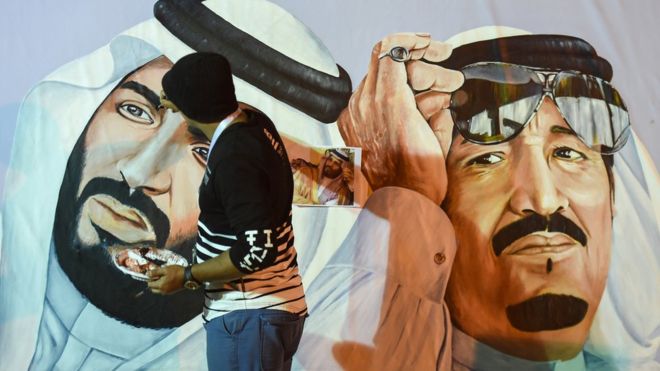
Saudi Arabia's controversial Crown Prince Mohammed Bin Salman was little known to the outside world before becoming its attention-grabbing de facto leader. Here, BBC Arabic's Rachid Sekkai, who taught Mohammed Bin Salman English as a child, gives a rare glimpse of life in the royal court.
I was teaching in the prestigious Al-Anjal school in Jeddah when I got the call in early 1996. The governor of Riyadh, Prince Salman bin Abdul Aziz Al Saud, had temporarily moved with his family to the Red Sea port city, and needed an English teacher for his children.
The man who would later become king contacted the school and I was swiftly whisked off to the royal palace to become a private tutor to some of the children from his first marriage: Prince Turki, Prince Nayef, Prince Khalid, and of course, Prince Mohammed.
I lived in a flat in an up and coming area of the city. A chauffeur would pick me up at 07:00 to take me to Al-Anjal school and once lessons were over in the mid-afternoon, the driver would take me to the palace.
Once through the heavily guarded gates, the car would wind past a series of jaw-dropping villas with immaculate gardens maintained by workers in white uniforms. There was a car park filled with a fleet of exclusive luxury cars. It was the first time I saw what looked like a pink Cadillac.
Who is Saudi Crown Prince Mohammed?
On arrival at the royal fortress, I would be ushered in by the palace director, Mansoor El-Shahry - a middle-aged man whom the 11-year-old Prince Mohammed was close to and fond of.
Walkie-talkie
Mohammed also seemed more interested in spending time with palace guards instead of following my lessons. As the oldest of his siblings, he seemed to be allowed to do as he pleased.
My ability to command the younger princes' attention would only last until Mohammed would turn up.
I still have a memory of him using a walkie-talkie in our classes, borrowed from one of the guards. He would use it to make cheeky remarks about me and crack jokes between his brothers and the guards on the other end.
Today, the 33-year-old prince is the minister of defence and heir to the Saudi throne.
Since becoming Saudi Arabia's de facto leader last year, MBS has tried to position himself as the kingdom's moderniser. In the face of opposition from conservative clerics, he spearheaded much-needed economic reforms and embarked on a programme of liberalisation in the staunchly conservative country.
Praised for some of his measures, he
has also been criticised over Saudi Arabia's record on human rights, its seemingly endless war in Yemen and the recent murder of Saudi journalist and critic Jamaal Khashoggi in the kingdom's consulate in Turkey in October.
has also been criticised over Saudi Arabia's record on human rights, its seemingly endless war in Yemen and the recent murder of Saudi journalist and critic Jamaal Khashoggi in the kingdom's consulate in Turkey in October.
Saudi Arabia has charged 11 people with the murder and denies the crown prince had any involvement.
On one occasion, I was taken aback when Mohammed told me that his mother, the princess, had said I seemed like "a true gentleman". I had no recollection of meeting her - Saudi women royalty don't appear in front of strangers - and the only female I came across was a nanny from the Philippines.
I was oblivious to the fact that I was being watched, until the future heir to the throne pointed to some CCTV cameras on the wall. From that point onwards I would always feel self-conscious in my lessons.
Within a short time, I become fond of Mohammed and his younger siblings. Though I was teaching princes in a world of privilege, my palace pupils were, very much like my school students, curious to learn but keen to play around.
Faux pas
One day, the palace director Mansoor El-Shahry asked me to meet the future king, who wanted to find out about his children's academic progress. I thought this might be a good opportunity to address Prince Mohammed's mischief.
I waited outside Prince Salman's office, next to the princes' other tutors who seemed familiar with royal court protocol.
When he appeared before us, the teachers instinctively rose up and I watched in awe as they approached the Riyadh governor one by one, bowed, kissed his hand, hastily conferred about the children and moved on.
When my turn came, I couldn't, for the life of me bend like they did. I had never done it before. And before I froze completely, I reached out to take the future king's hand and I shook it firmly.
I remember a faint grin of amazement on his face; however, he made no fuss about my faux pas.
I didn't mention what Prince Mohammed had been up to in my lessons because by then I had decided to give it all up and return to the UK.
Soon after, Mr El-Shahry gave me a scathing telling off for failing to follow royal etiquette.
Apart from Prince Khaled, who went on to become Saudi Arabia's ambassador to the US, the other royal siblings I taught have mainly chosen to stay away from the public eye.
Now I look back at my brief tenure as a remarkable episode in my life and watch my former young charge as he bestrides the world stage.
No Comments For This Post, Be first to write a Comment.
Most viewed from International
Most viewed from World
AIMIM News
Latest Urdu News
Most Viewed
May 26, 2020
Should there be an India-Pakistan cricket match or not?
Latest Videos View All
Like Us
Home
About Us
Advertise With Us
All Polls
Epaper Archives
Privacy Policy
Contact Us
Download Etemaad App
© 2026 Etemaad Daily News, All Rights Reserved.


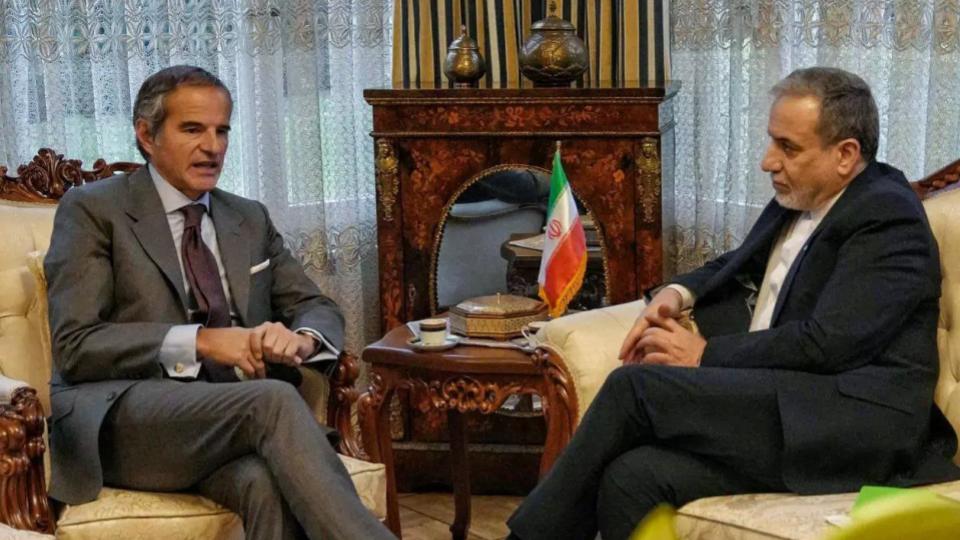
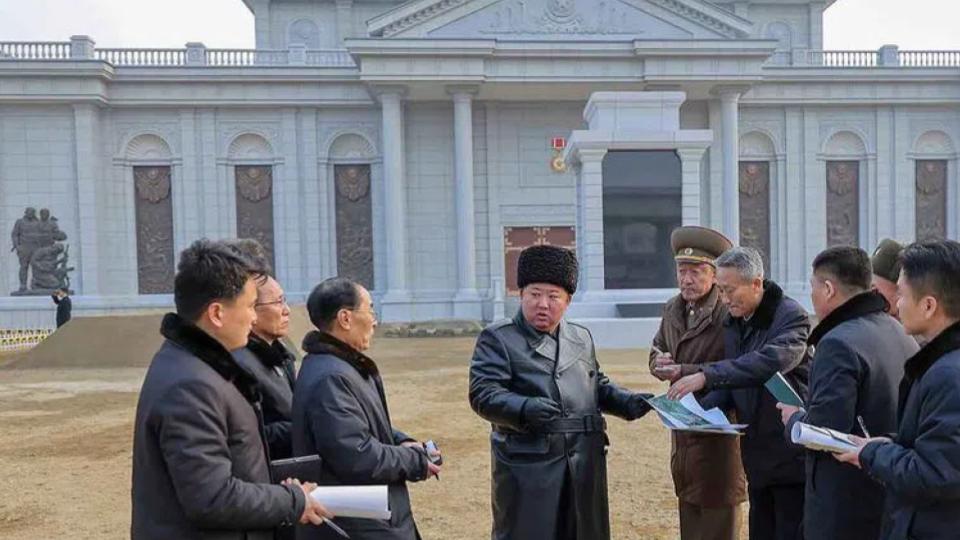

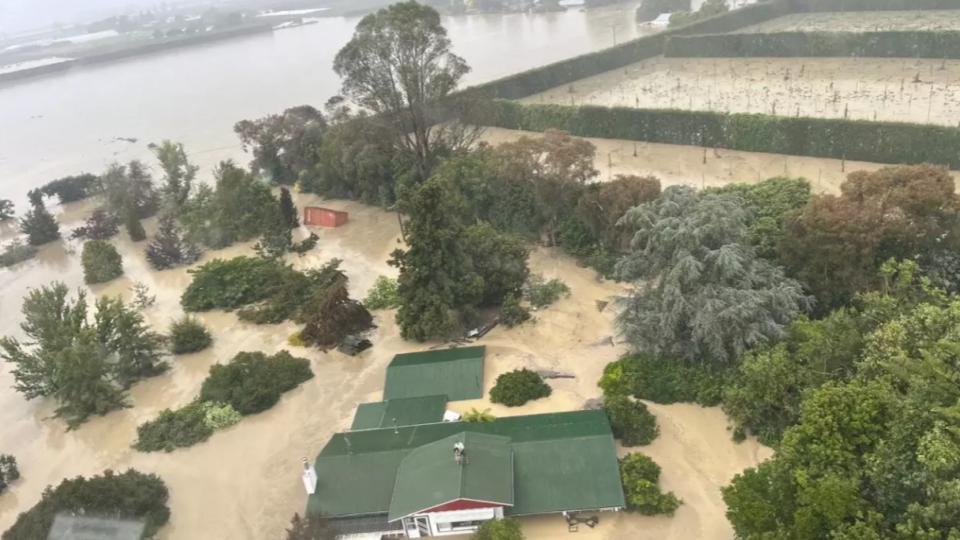
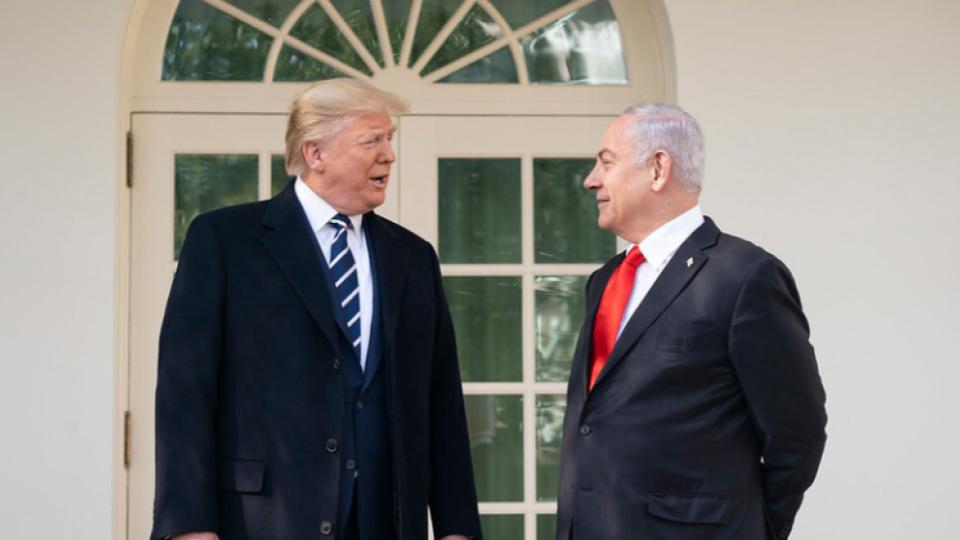
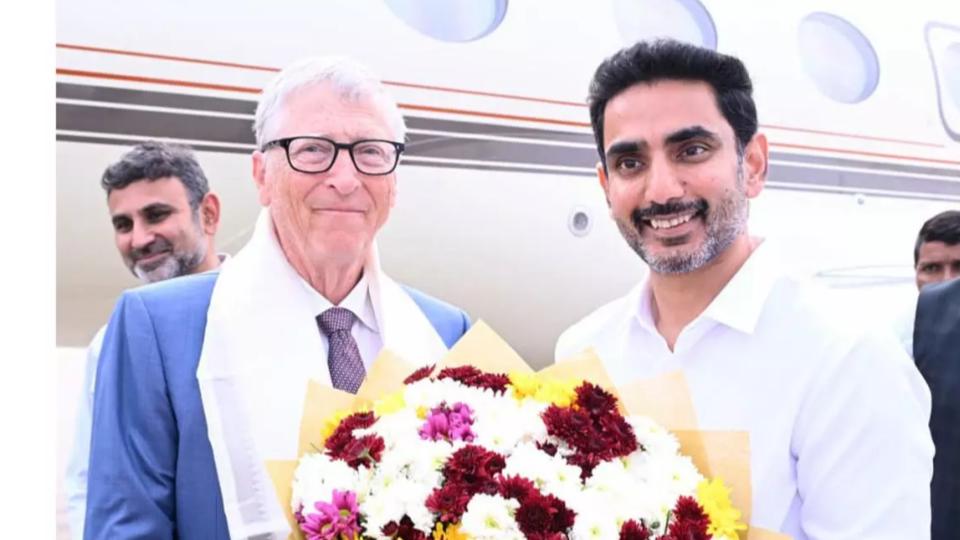

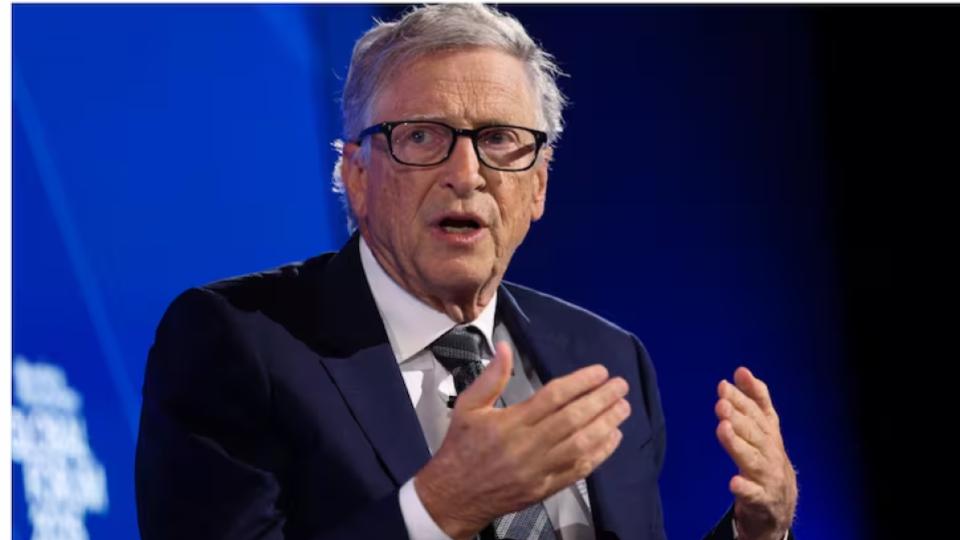
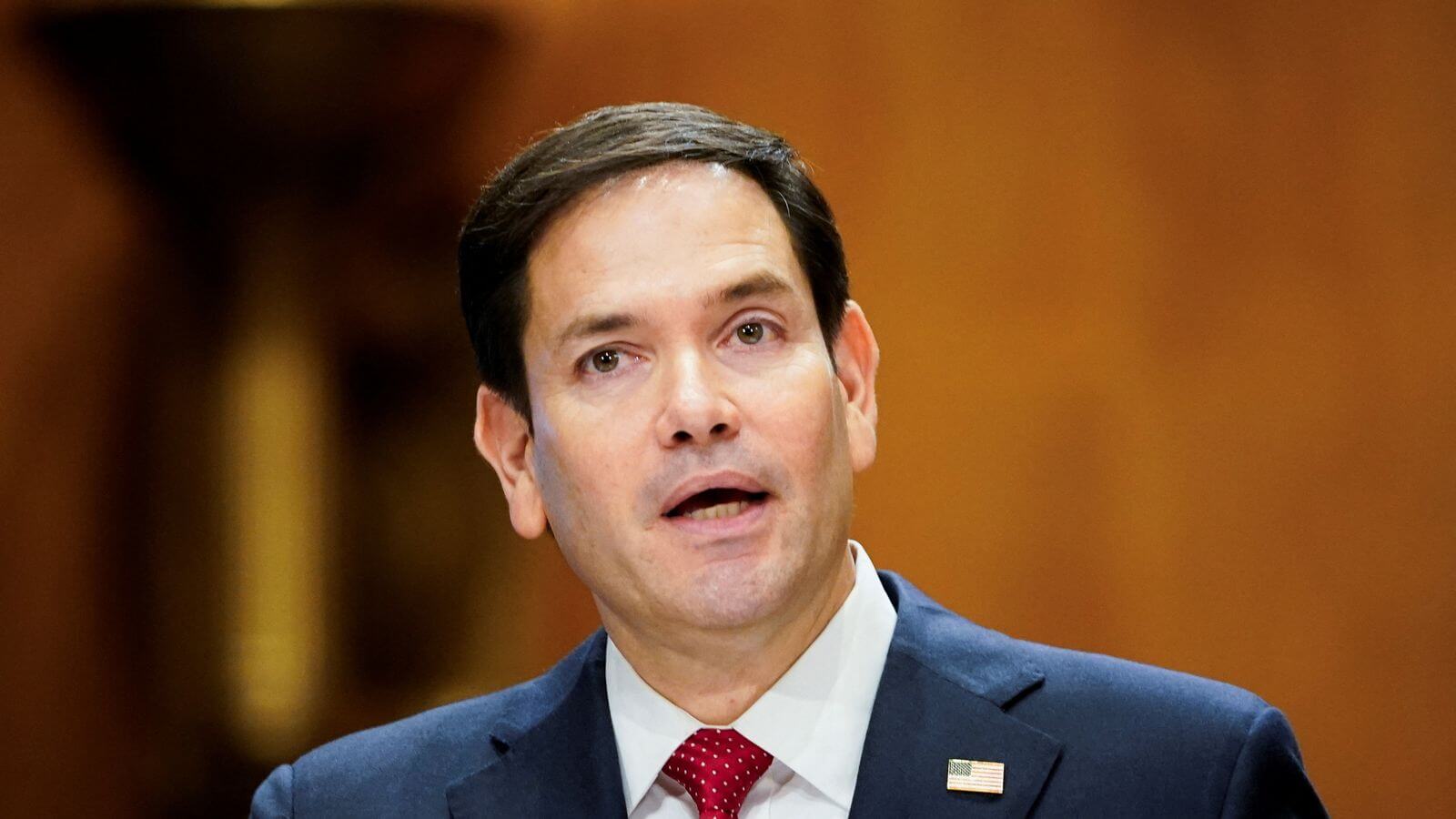

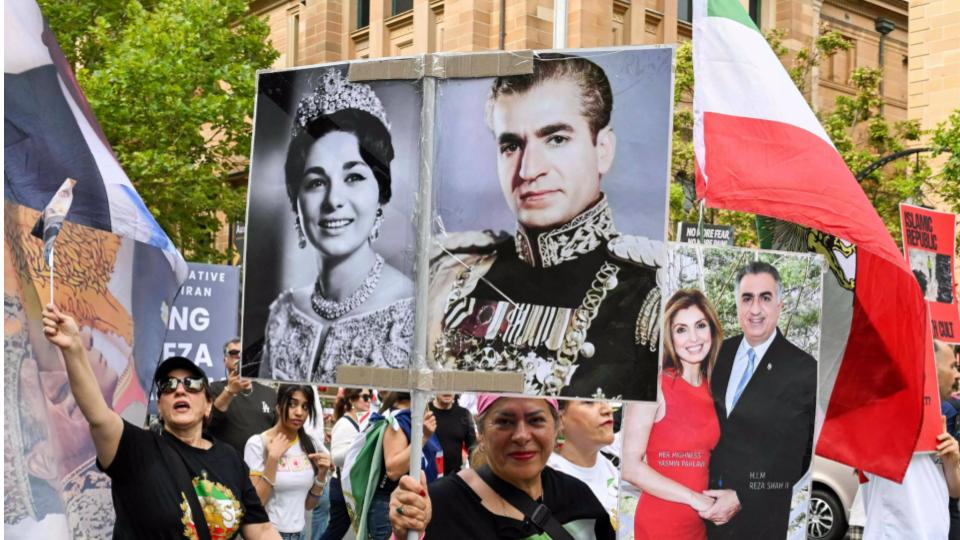
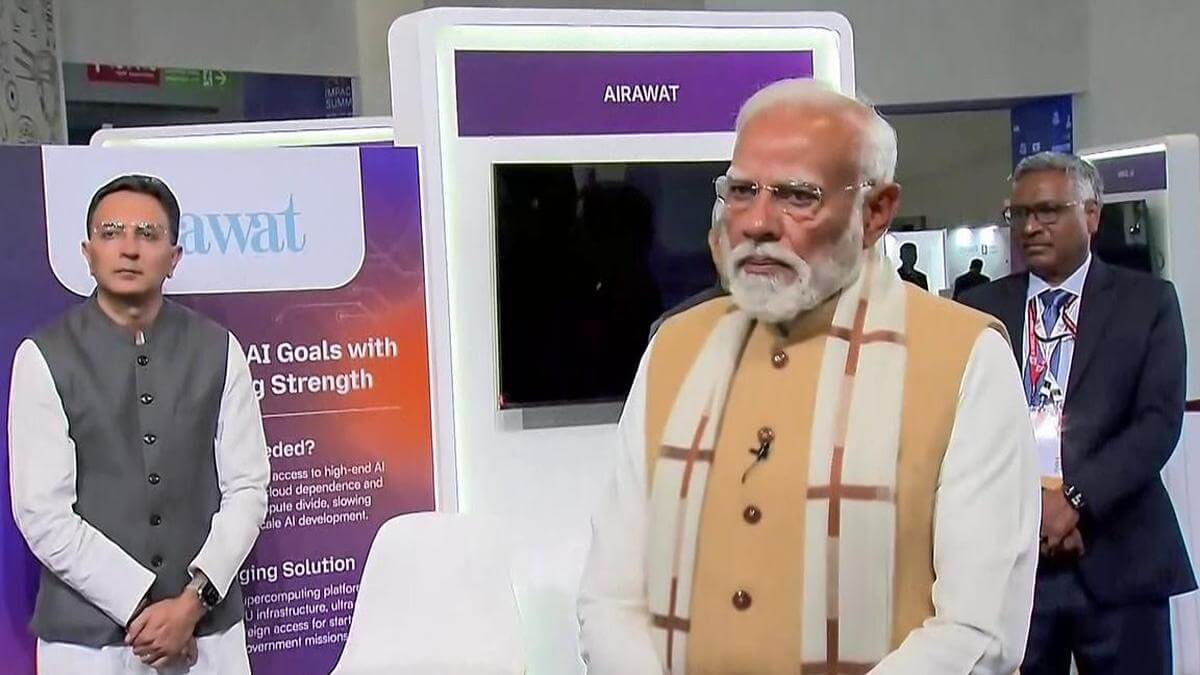
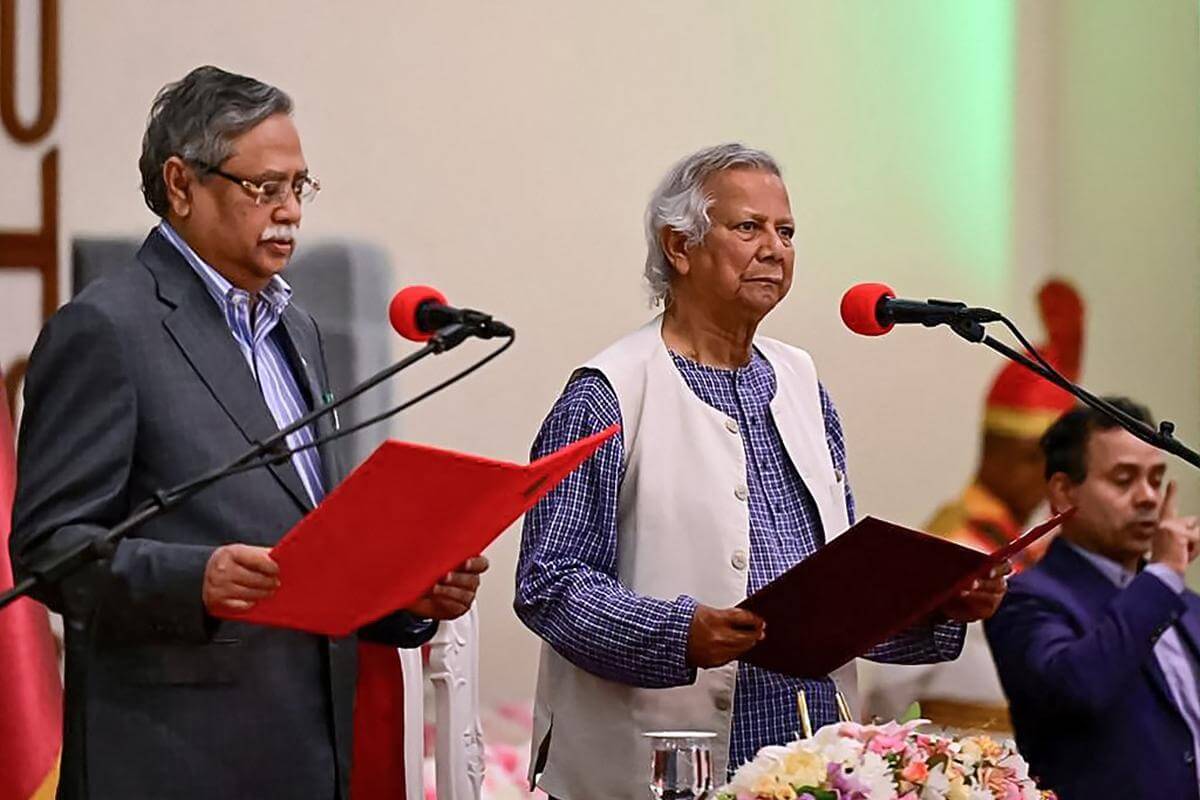
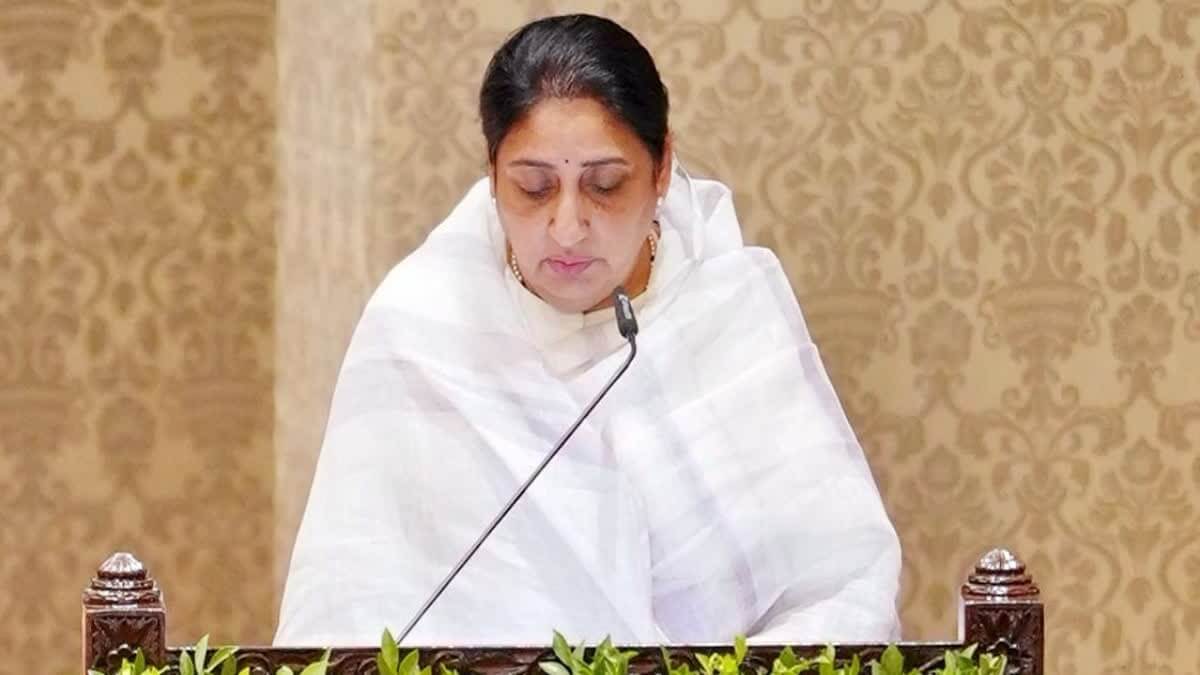
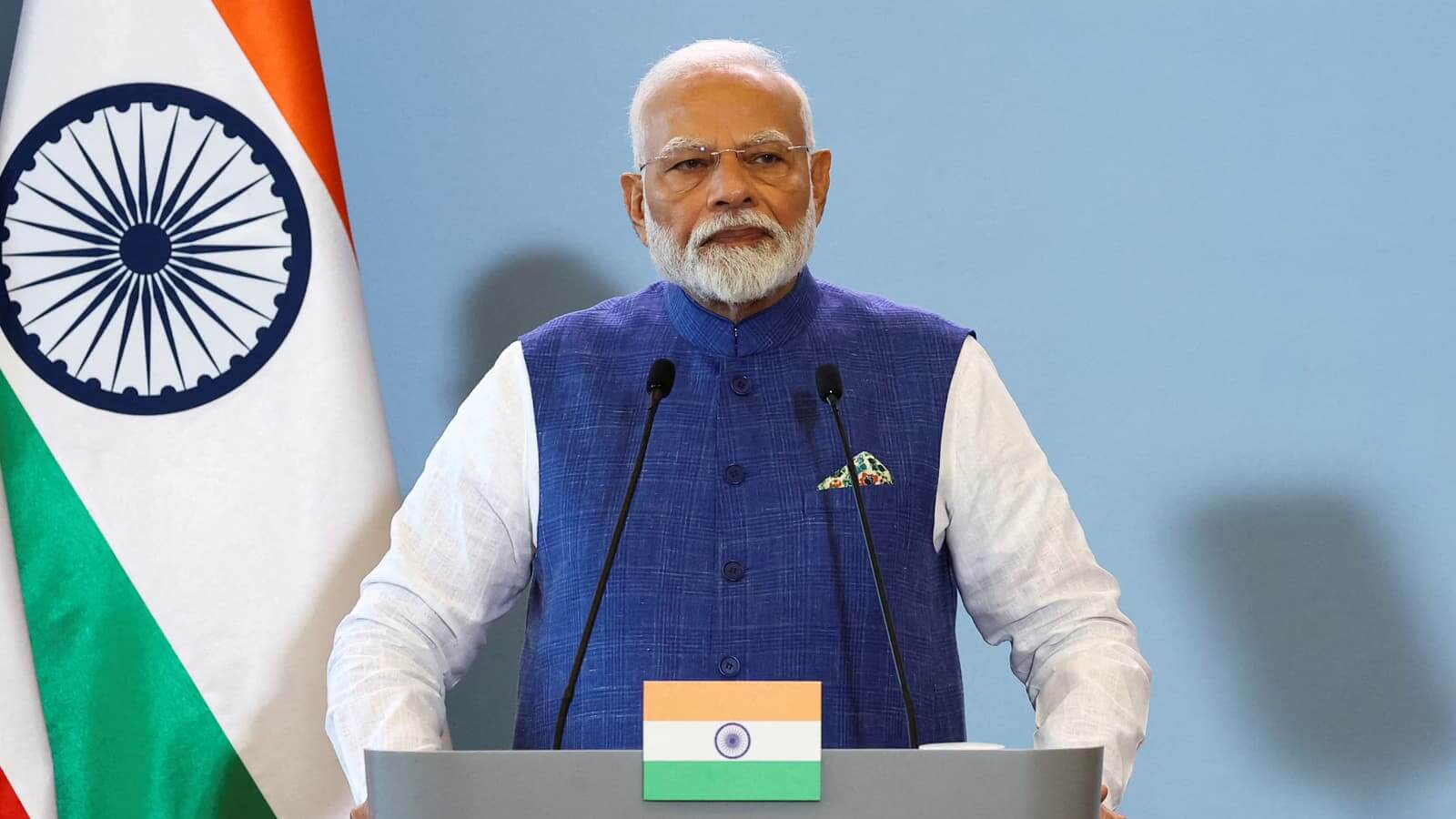
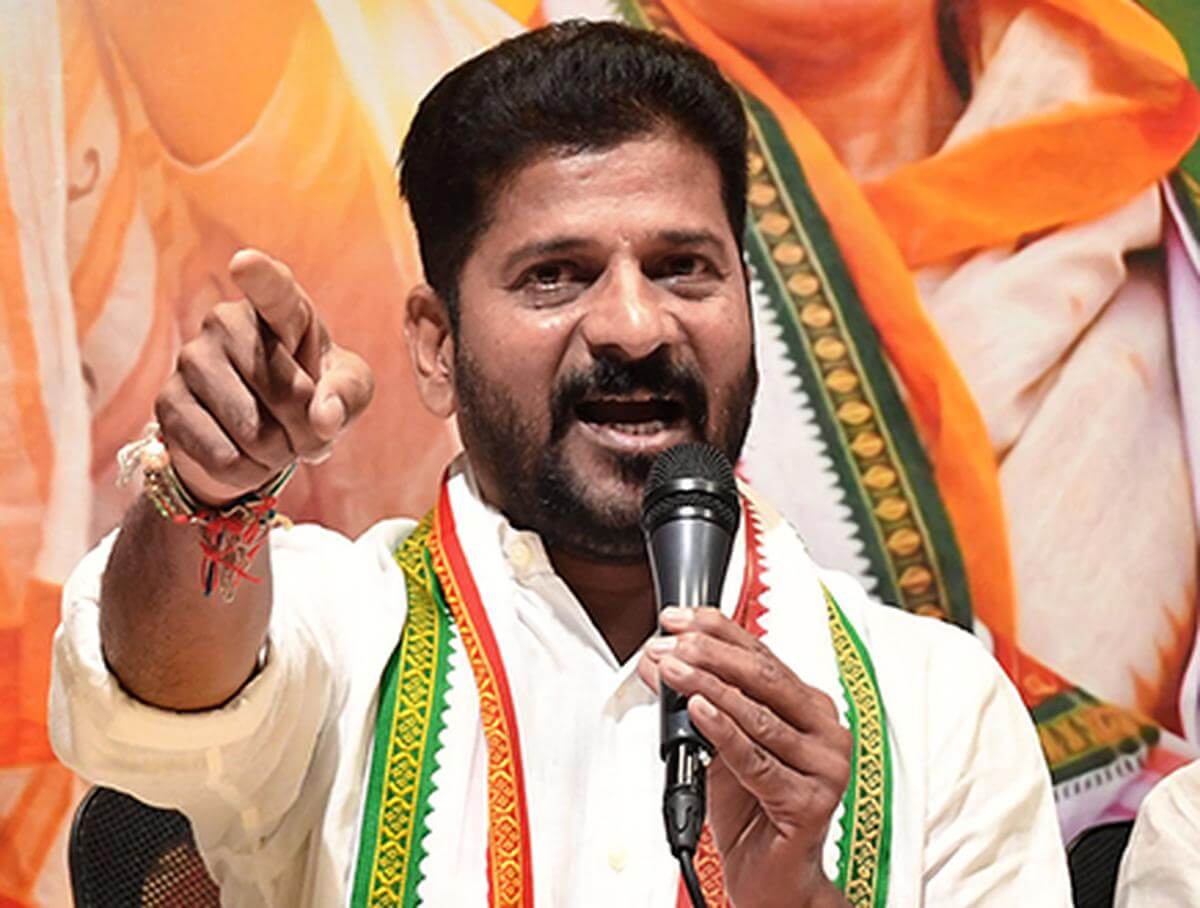

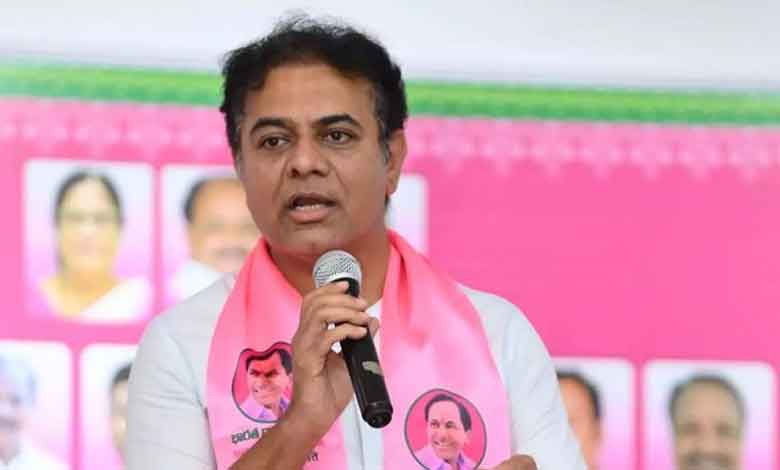






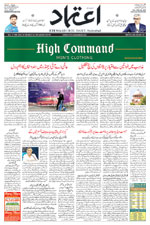










.jpg)
.jpg)
.jpg)


